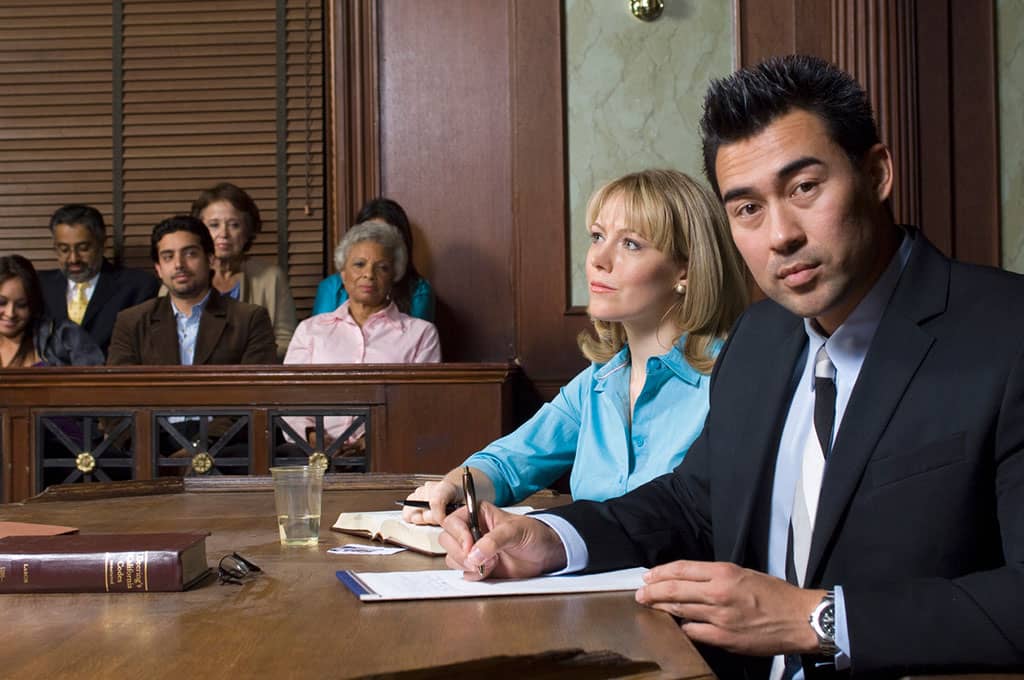When it comes to depositions, accuracy and certification are everything. The court reporter you hire directly impacts the quality of your record, the admissibility of your transcript, and the efficiency of your case. For plaintiff attorneys—especially those managing a high caseload—knowing what to ask before hiring a court reporter can prevent costly mistakes and ensure your record stands up in court.
Below are the top 20 questions every plaintiff attorney should ask before choosing a court reporter, along with explanations that help you evaluate their qualifications and protect your client’s case.
1. Are you a Certified Shorthand Reporter (CSR) in Texas?
Certification ensures the reporter meets state requirements and that transcripts are admissible in Texas courts. Always verify a CSR license number and standing with the Texas Judicial Branch Certification Commission (JBCC).
2. Do you personally handle the deposition, or is it outsourced?
National firms often subcontract depositions to uncertified or inexperienced reporters. Make sure the individual attending your deposition is licensed and qualified—not a digital recorder or out-of-state subcontractor.
3. How quickly can you deliver a certified transcript?
Turnaround time is key. Some agencies promise fast delivery but outsource editing, leading to delays or errors. Ask for realistic delivery windows and rush options.
4. Do you provide real-time reporting?
Real-time reporting allows attorneys to view live text as it’s being transcribed, improving strategy and questioning during the deposition. This feature is particularly useful in complex cases.
5. Is your transcript certified for use in Texas courts?
A certified transcript includes a signed certificate page from a Texas CSR. Without it, your transcript may not be admissible.
6. What backup recording methods do you use?
Reliable reporters use multiple audio backups to ensure nothing is lost. Ask how they store and protect those files.
7. Are you experienced with remote or hybrid depositions?
Today’s depositions often include remote participants. A skilled reporter should be comfortable with Zoom, Teams, or hybrid setups and ensure all parties are recorded clearly.
8. Do you provide videography or notary videographer services?
If video testimony is required, verify that the videographer is a Texas Notary Videographer and understands civil procedure compliance for audiovisual recordings.
9. Can you handle technical or expert witness testimony?
Medical, engineering, or financial testimony requires a reporter familiar with specialized terminology. Experience in your case type matters.
10. What is your policy on rough drafts and expedited delivery?
Rough drafts can help you prepare for cross-examinations or hearings on tight deadlines. Confirm whether these drafts are included or billed separately.
11. Are your transcripts reviewed by a proofreader or QA team?
Editing and proofreading ensure the record’s integrity. Ask if transcripts go through a quality control process before certification.
12. How do you secure confidential records and exhibits?
Your reporter must follow strict data security standards and protect exhibits, including sealed or confidential materials.
13. Do you offer exhibit linking or digital management?
Modern reporting firms often include digital tools that link exhibits directly within the transcript—saving you hours of prep time.
14. Do you provide ASCII, PDF, and eTranscript formats?
Make sure you receive your transcript in multiple formats compatible with your case management or trial presentation software.
15. Can you certify transcripts from audio or video recordings?
If you have an existing recording, confirm the reporter can legally transcribe and certify it according to Texas Rules of Civil Procedure.
16. Are you familiar with multi-party and multi-day depositions?
Complex cases require detailed coordination and continuity. Ask about their experience with lengthy or multi-day proceedings.
17. Do you offer interpreter coordination?
When a deposition involves non-English-speaking witnesses, a seasoned reporter should assist in coordinating certified interpreters.
18. What are your rates, travel fees, and cancellation policies?
Get clarity on pricing up front, especially for out-of-town or last-minute depositions. Hidden fees can quickly add up.
19. Do you retain and archive transcripts for future access?
Reliable reporters maintain secure archives for years—critical for appeals or post-trial reviews.
20. Can you provide local references from other attorneys?
A professional reporter will have no issue sharing references. Ask other attorneys about their experiences and reliability.
Why These Questions Matter
Hiring a court reporter isn’t just about capturing words—it’s about ensuring a defensible record. Uncertified transcripts, missing exhibits, or delayed delivery can compromise your case and credibility. Choosing a Texas Certified Shorthand Reporter with a proven record of accuracy, professionalism, and responsiveness safeguards your client’s interests and keeps your case moving smoothly.
Key Takeaway
Before scheduling your next deposition, take the time to vet your court reporter. Ask the right questions, confirm credentials, and choose a partner who understands both the legal and technical demands of plaintiff litigation in Texas.















